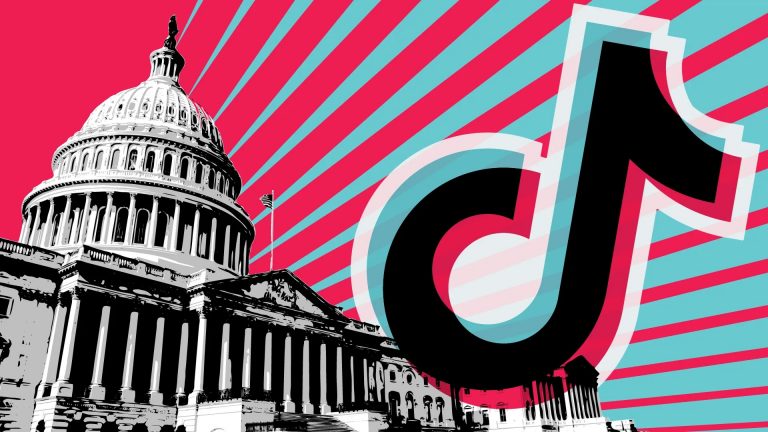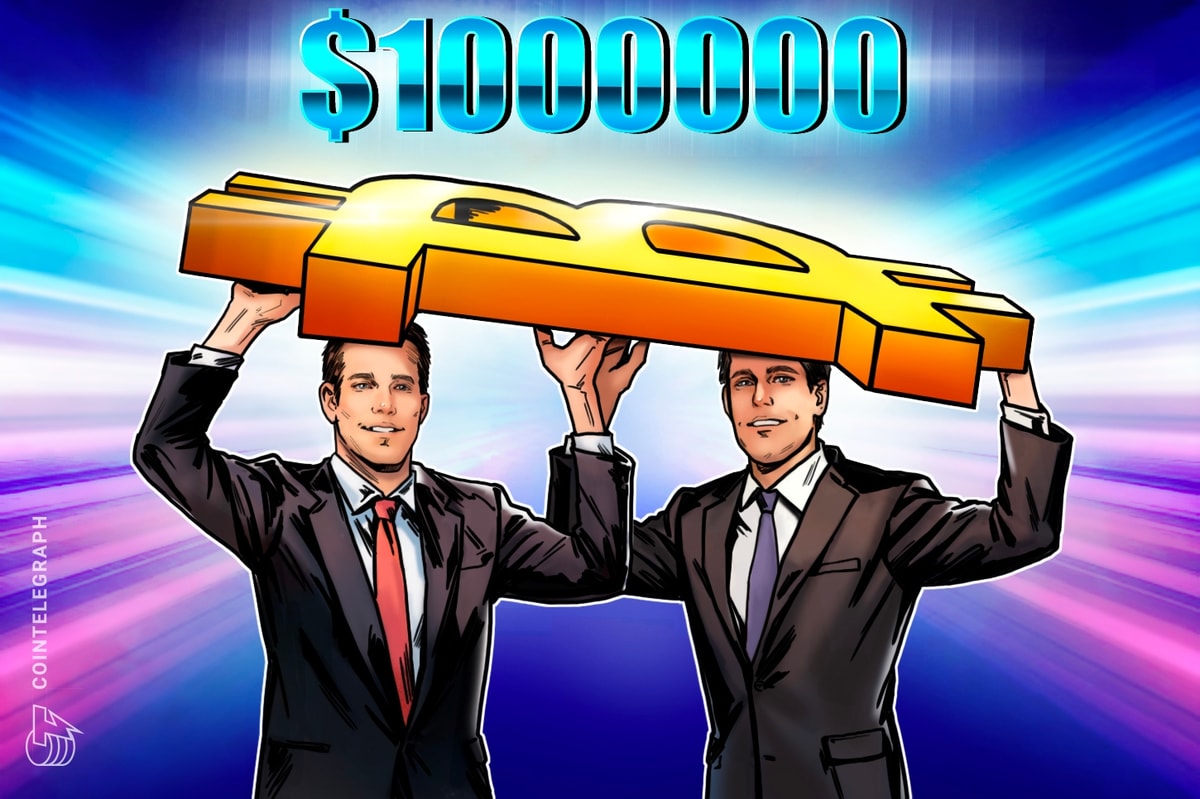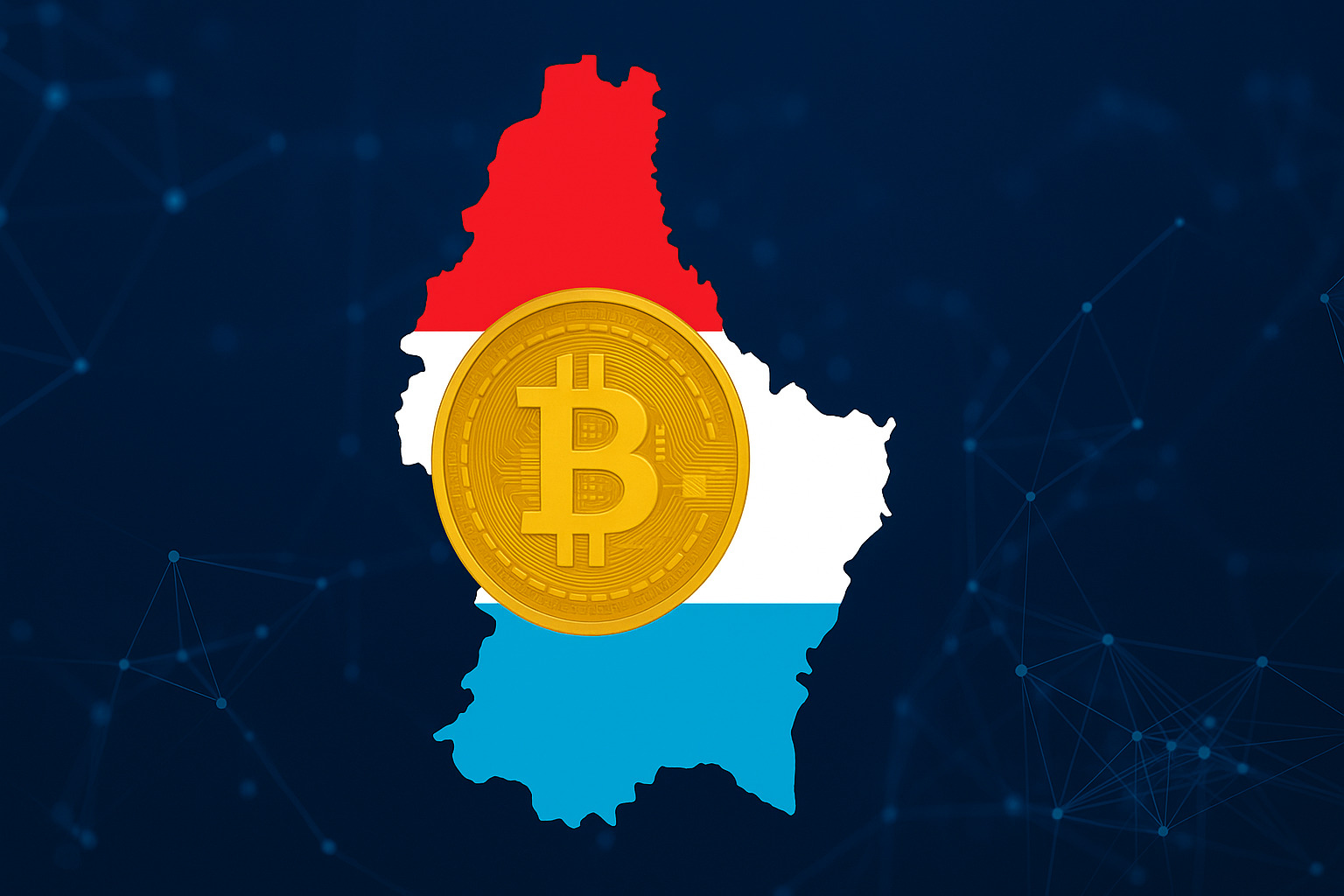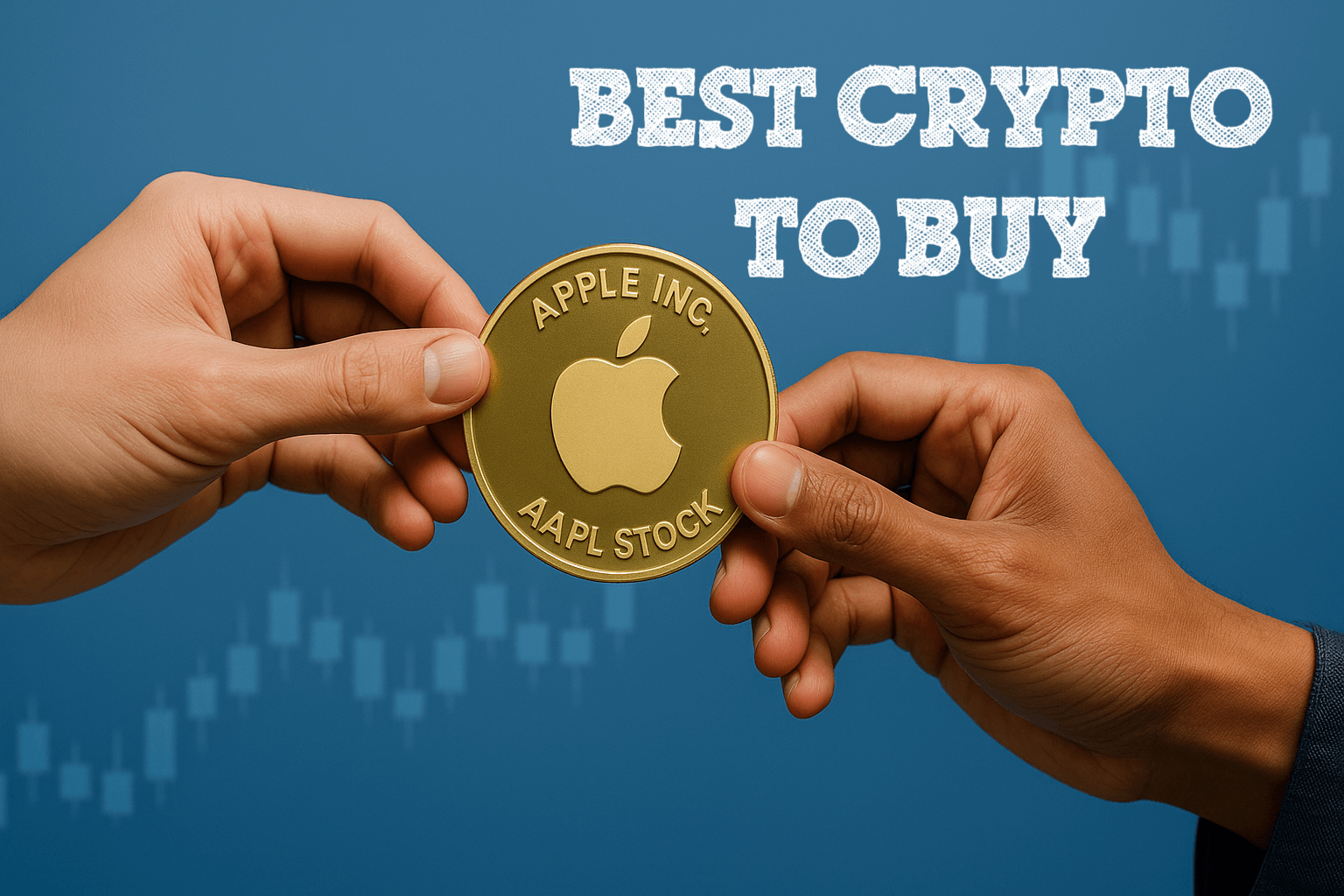Ex Meta Global Affairs Chief Warns Against Tech-Politics Fusion Following Trump’s TikTok Deal


Nick Clegg, the former global affairs chief at Meta, has sounded a warning over the growing entanglement of politics and technology, describing it as a troubling development for the internet’s future.
Speaking Friday on CNBC’s Squawk Box, Clegg argued that innovation and governance are best kept apart.
“I generally don’t think that politics and tech innovation mixes very well,” he said. “I think it’s quite good when they kind of keep each other at a certain, respectful distance.”
Register for Tekedia Mini-MBA edition 18 (Sep 15 – Dec 6, 2025) today for early bird discounts. Do annual for access to Blucera.com.
Tekedia AI in Business Masterclass opens registrations.
Join Tekedia Capital Syndicate and co-invest in great global startups.
Register for Tekedia AI Lab: From Technical Design to Deployment.
His caution came at a moment when President Donald Trump’s new agreement with China over TikTok has once again placed a consumer app at the center of a global power struggle. The deal, announced in an executive order on Thursday, creates a joint-venture company to manage TikTok’s U.S. operations, with Oracle tasked to control cloud services and oversee security.
A Forced Sale Born Out of Politics
TikTok’s future in the U.S. has been contested for years. Washington lawmakers have long argued that ByteDance, TikTok’s Chinese parent company, poses national security risks because of potential access to American user data. During his first term, the Trump administration escalated those concerns into action, threatening to ban the app outright unless it was placed under U.S. oversight. The Joe Biden administration upheld the move with the signing of legislation designed to force TikTok’s divestment.
That ultimatum effectively forced ByteDance to accept a restructuring — widely seen as a political maneuver as much as a security measure. Oracle, a company with longstanding ties to Washington, emerged as a trusted custodian of TikTok’s U.S. data. The arrangement was designed to calm fears of surveillance while preserving the app’s availability to millions of American users.

ByteDance and Chinese officials have so far refrained from commenting on Trump’s latest executive order, but the lack of response underscores the delicate balance Beijing must strike: defending a successful global product without appearing to capitulate to U.S. pressure.
Clegg highlighted two critical areas where scrutiny is needed: the safety of American data and control of TikTok’s algorithm. The latter, he argued, will be “quite difficult” to share or replicate, given how closely algorithms are tied to a company’s intellectual property.
He also warned that government-driven efforts to silo data risk triggering a global domino effect. Citing India’s “hard data localization” law, Clegg said if every country starts demanding that data remain within its borders, “the open data flows that drive the internet will start eroding.”

Tech and Nationalism: A Growing Collision
The TikTok saga underlines a wider trend of national security increasingly becoming inseparable from technology policy. Both Washington and Beijing have embraced nationalist tech agendas. The U.S. has poured billions into reshoring semiconductor production and restricting Chinese access to advanced chips, while China has doubled down on state-driven programs to achieve self-reliance in areas like artificial intelligence and cloud infrastructure. Beijing has also restricted the operations of many U.S. tech companies in China.
This rivalry makes neutrality nearly impossible for global tech firms. Companies that once operated on the premise of borderless innovation are now forced to align with the strategic priorities of the nations where they operate. The TikTok case is just one in a series of battles — from Huawei’s exclusion from Western telecom networks to U.S. restrictions on Nvidia’s chip exports to China — that show how deeply entangled national security and technology have become.
Clegg pointed to India as a potential turning point in the global debate. He described the image of Prime Minister Narendra Modi standing alongside Chinese President Xi Jinping as “striking,” warning that if India follows China’s lead in walling off its digital ecosystem, the vision of a free and open internet could unravel.
“If India starts emulating China and starts trying to sort of cut off India, much like China has done from the rest of the internet … I think that would be terrible for the kind of global open principles that the internet was based on,” Clegg said.
The Internet’s Future in Question
Trump’s TikTok deal may address Washington’s immediate concerns, but it leaves unanswered questions about the direction of the global internet. Analysts note that each forced restructuring, ban, or localization effort nudges the web further away from its founding principles of openness.
Clegg believes the major risk is that political imperatives will continue to outweigh technical neutrality. In that scenario, technology firms — no matter how innovative — will be pulled into the gravitational field of state power, eroding the very openness that made the internet transformative in the first place.





